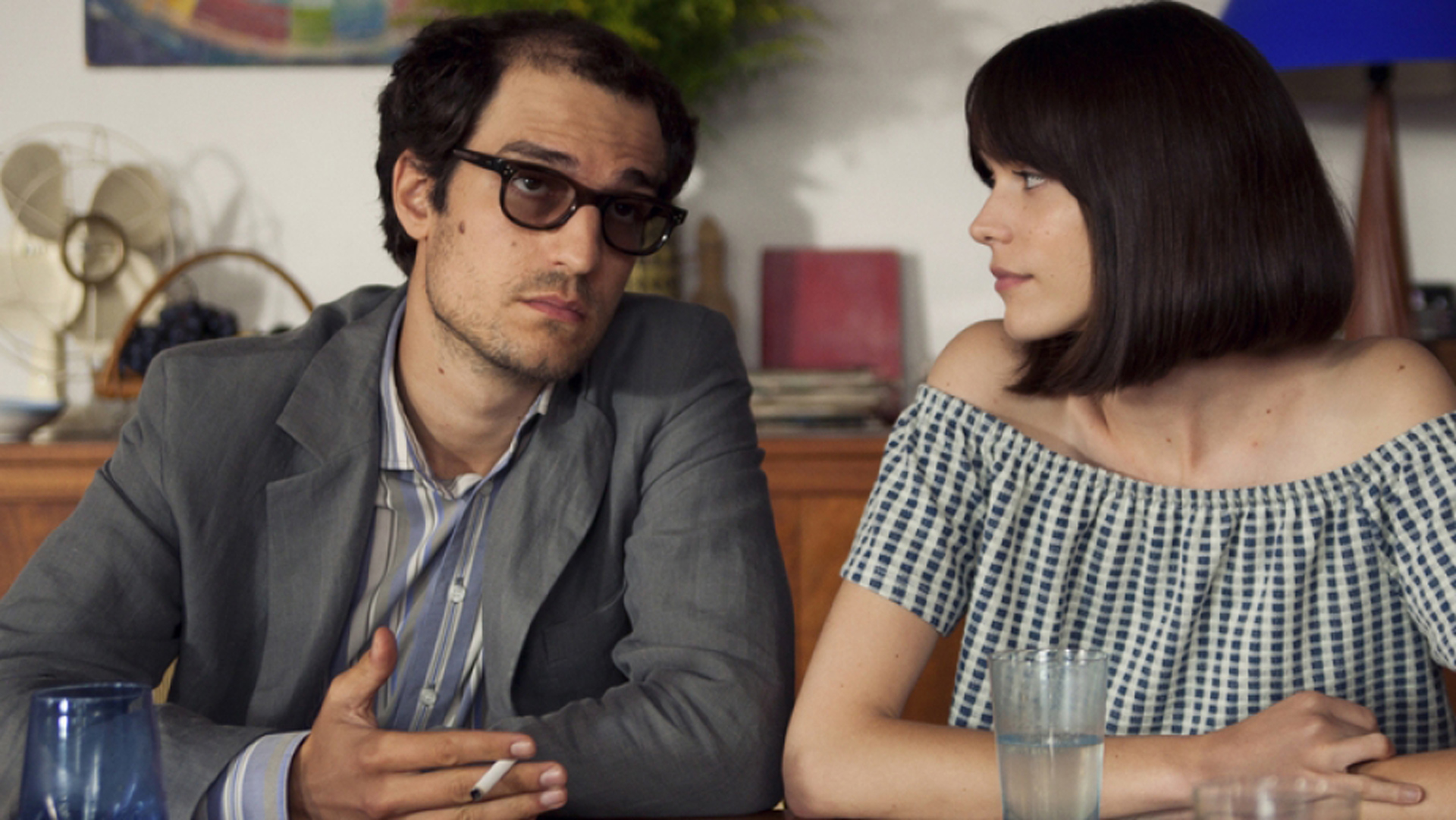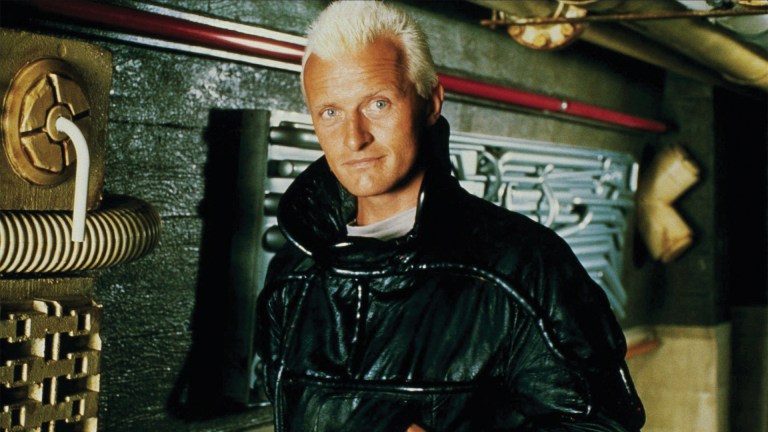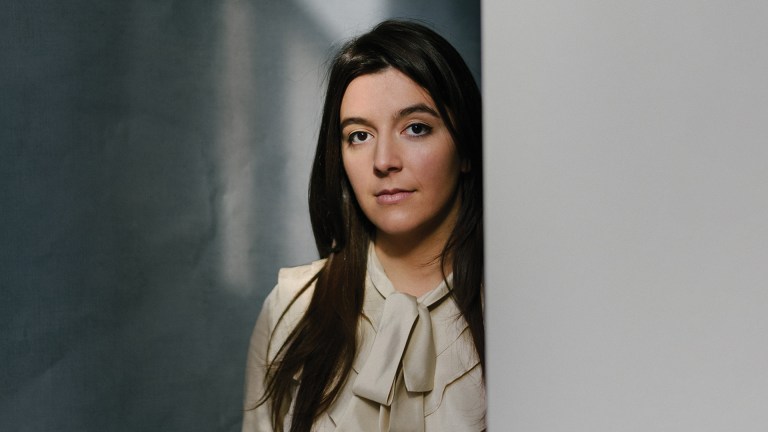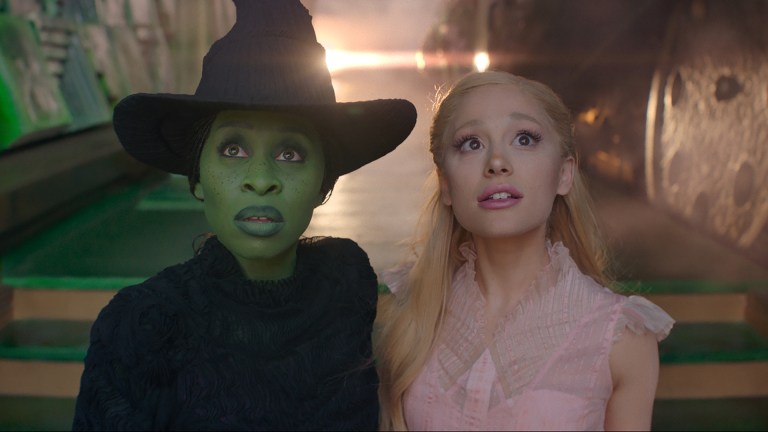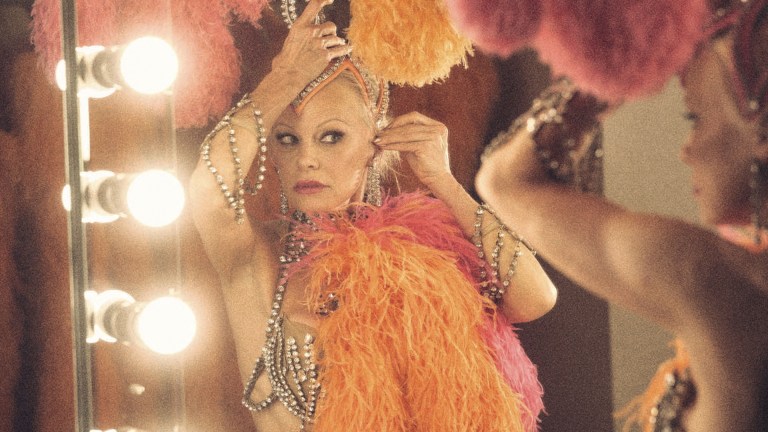Jean-Luc Godard is one of the most significant figures in modern cinema. There’s little contest, in the view of this humble correspondent. One of the founders of the French New Wave of the Sixties, he shook up cinema by liberating it from the stuffy restrictions of studio filmmaking: made quickly, often on location, his early work is playful, sophisticated, funny, impeccably cool and almost impertinently inventive.
Towards the end of the decade, after a run of masterpieces – Breathless, Vivre sa vie, Le Mépris, Pierrot le fou among others – with few equals in European cinema, his movies became more avowedly political. Responding to the student protests of 1968, he made films of confrontational rigour; as innovative as ever, but without the appeal of his early work. An emergence from this chilly artistic exile came in a much celebrated ‘return’ to narrative in the early Eighties, but you’re unlikely to find the latest Godard in your multiplex.
His recent films are in turn poetic, brilliant, ruminative, marked by depths of oceanic pessimism and very confounding. His new work is called Le Livre d’image and based on its trailer, expect more of the same. It’s in Cannes competition later this month, and is likely to be the freshest provocation in the line-up: Monsieur Godard, by the way, is in his late eighties.
Redoubtable is a splashy French biopic (by Michel Hazanavicius, the director of Oscar-winning silent film pastiche The Artist) that chronicles a key phase in Godard’s life. I guess it testifies to Godard’s cultural standing that he’s the subject of this handsome period film, but it’s a funny kind of tribute: Godard himself called the film “stupid” and I have a hard time disagreeing.
The focus is on the relationship between Godard (Louis Garrel) with Anne Wiazemsky, a beautiful 19-year-old actress played by Stacy Martin, whom the then-37-year-old director married in 1967. The film itself is based on Wiazemsky’s memoir of their relationship, from its early heady promise to painful breakdown a few short years later. You might say that it’s a study in Godard’s creeping unfaithfulness. But it’s not for another lover that he neglects Anne, ratherthe radical politics exploding on the streets of Paris in 1968.
